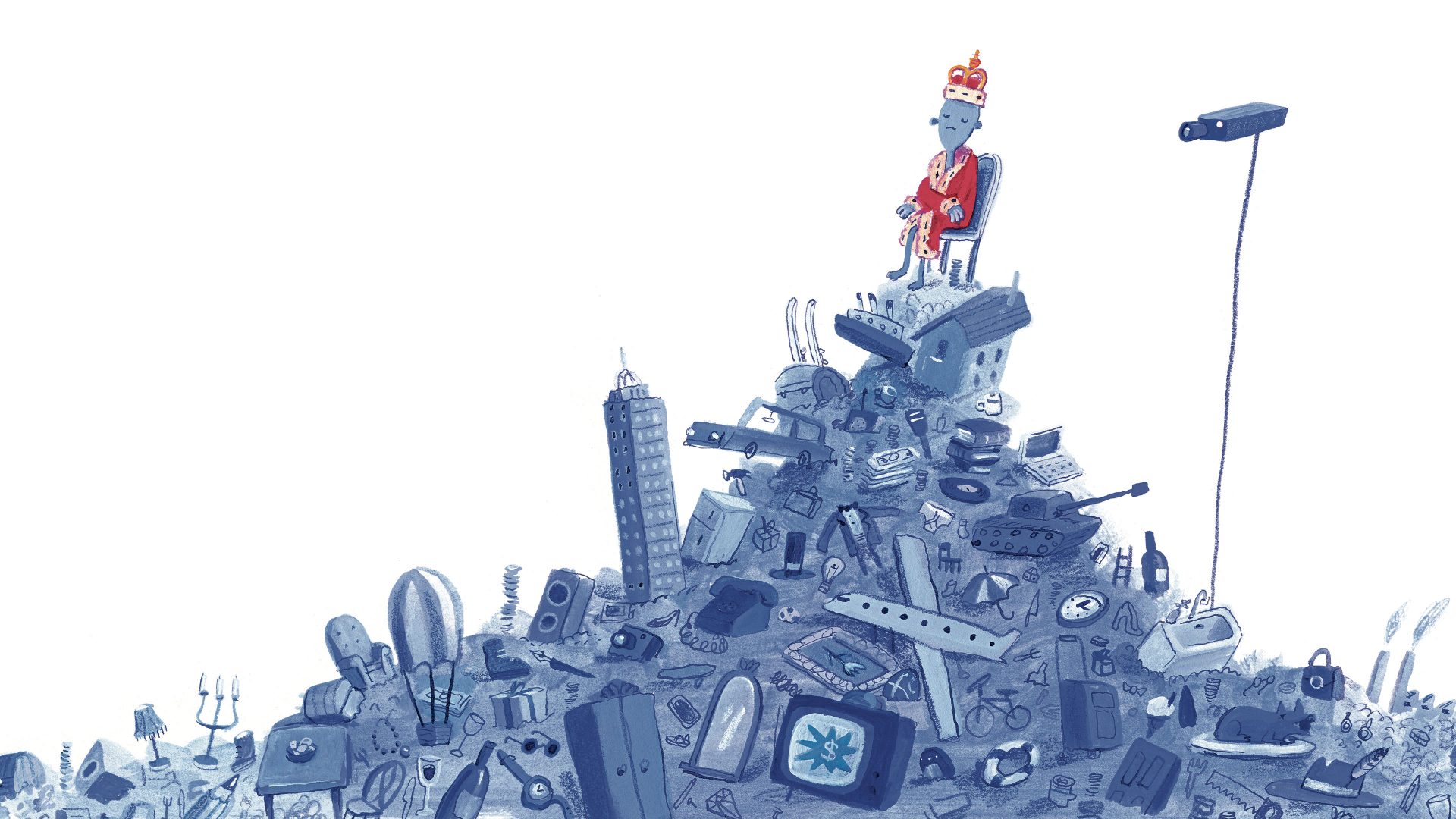The global elite has spoken: in the short-term, at least, those in the rarified orbits of the World Economic Forum’s annual Davos gathering have said that misinformation and disinformation are the biggest threats facing human society – above extreme weather, soaring prices, or even war.
There is a modicum of sense to this – 2024 is the biggest election year in the planet’s history, with around half of humanity eligible to vote in one election or another, of varying degrees of freedom and fairness.
Moreover, we know that some states – most notably Russia – actively delight in interfering in the elections of their rivals. Generally, that is low-key activity aimed at stoking divisions, such as when Russia hacked a largely irrelevant draft trade proposal between the US and UK (which went nowhere) and laundered it through Labour leader Jeremy Corbyn’s office in 2019 to provoke endless dumb online wars over “selling the NHS”.
Savvy observers will notice that while the NHS might be underfunded and fraught with employment ructions, the UK is no closer to a trade deal now than it was in 2019, the NHS is no closer to being sold off than it was then, and Russia continues not to care either way – usually it is about the division.
But not always: Russia clearly would much prefer that Donald Trump returns to the White House than Joe Biden secures a second term. It would like to help its allies in eastern Europe. And for anyone ranging from Russia to online pranksters, the tools to disrupt online discourse around elections are better than ever – AI can power bot networks, create mass content for fake websites, and can create convincing deepfakes cheaply and easily.
All of which makes the Davos claim look credible… for a little while. These risks are real and should be taken seriously, especially with regard to the US election, but when you start looking at online political activity in the UK there is probably not nearly so much to worry about.
For a start, it is barely worth the time for a Russian operative to create AI deepfakes of Rishi Sunak when the political party he leads seems endlessly willing to do the same job itself.
Last month, the Conservatives put out a tool letting people make custom augmented-reality videos in which Sunak would appear to be addressing a particular voter by name – with their name also appearing in the text on the background: “James’s priorities are my priorities”. Inevitably, within minutes people had managed to have the PM promising that “Keir’s priorities are my priorities” and “Nigel’s priorities are my priorities”.
To prevent the Conservative leader appearing to pledge his support to the causes of his political rivals, the tool was taken down for several hours and modified to change its behaviours when certain names were inputted.
So far, so stupid – but it gets even sillier when you stop to think for a few moments: who on earth was that video meant to impress? No voter is naive enough to think the prime minister has stopped to make a customised video addressing them personally – everyone will know it’s just a gimmick that someone in the comms (aka communications) office has thought up, in the hope that people will watch another bland restatement of whatever desperate comms message Rishi Sunak has pivoted to this week (we’ve had five messaging pivots in six months, creating the whirling dervish school of political comms).
Moreover, as anyone who has worked in a job with a name tag well knows, there is nothing soothing about hearing people who don’t know you making a point of saying your name – if you’re a customer who does this to people in shops, do know that almost everyone hates it when you do this. Even if it hadn’t resulted in an embarrassing gaffe that was the only reason it generated any coverage at all, there is no obvious human audience for this video. Its entire creation was pointless.
That is UK online political campaigning in a nutshell. Anyone actively interested in politics who is online has made up their mind – so the endless daily cycle of outrage and counter-outrage from snarky tweets plays to an audience that is of absolutely zero value.
Even when these create media rows, such as Labour’s somewhat sleazy effort to tie the UK’s low conviction rate for rape as Rishi Sunak all but endorsing grooming gangs, that coverage does nothing good for politics. It fires up the obsessives and makes any normal human just think less of politics as a whole.
Facebook is probably even more pointless – parties are spending thousands each week on ads, probably as a form of message testing, but are hitting dismally small audiences and getting even lower interaction rates with them.
The reality of UK political parties’ online efforts is probably that they’re just doing it because the received wisdom is that they should. There is no evidence suggesting they’re having any effect, and plenty of evidence to suggest they’re not – the polls remain stubbornly stable, and stubbornly terrible for the Conservatives.
We may be overdue a course correction on the importance of online messaging for politics. It is certainly a channel with potential and only a fool would abandon it, but it is also not the ultra-powerful tool to manipulate entire electorates that campaigners warned of in the overhyped aftermath of the Cambridge Analytica scandal.
Political parties might want to look at how much of their online comms actually has any value, and reconsider what they do. One route for this, raised in a Demos paper last month (of which I was a co-author) was to try to make their own comms the gold standard for trust: be honest and clear about your offering, don’t make untrue claims about rival parties, and try to raise the standards – if for no other reason than it will make efforts to tackle misinformation and influence operations more sincere. Misinformation has the potential to do us harm, but all too often misinformation comes directly from politicians themselves. If the elite are so worried about the issue, change may well start from the top.




